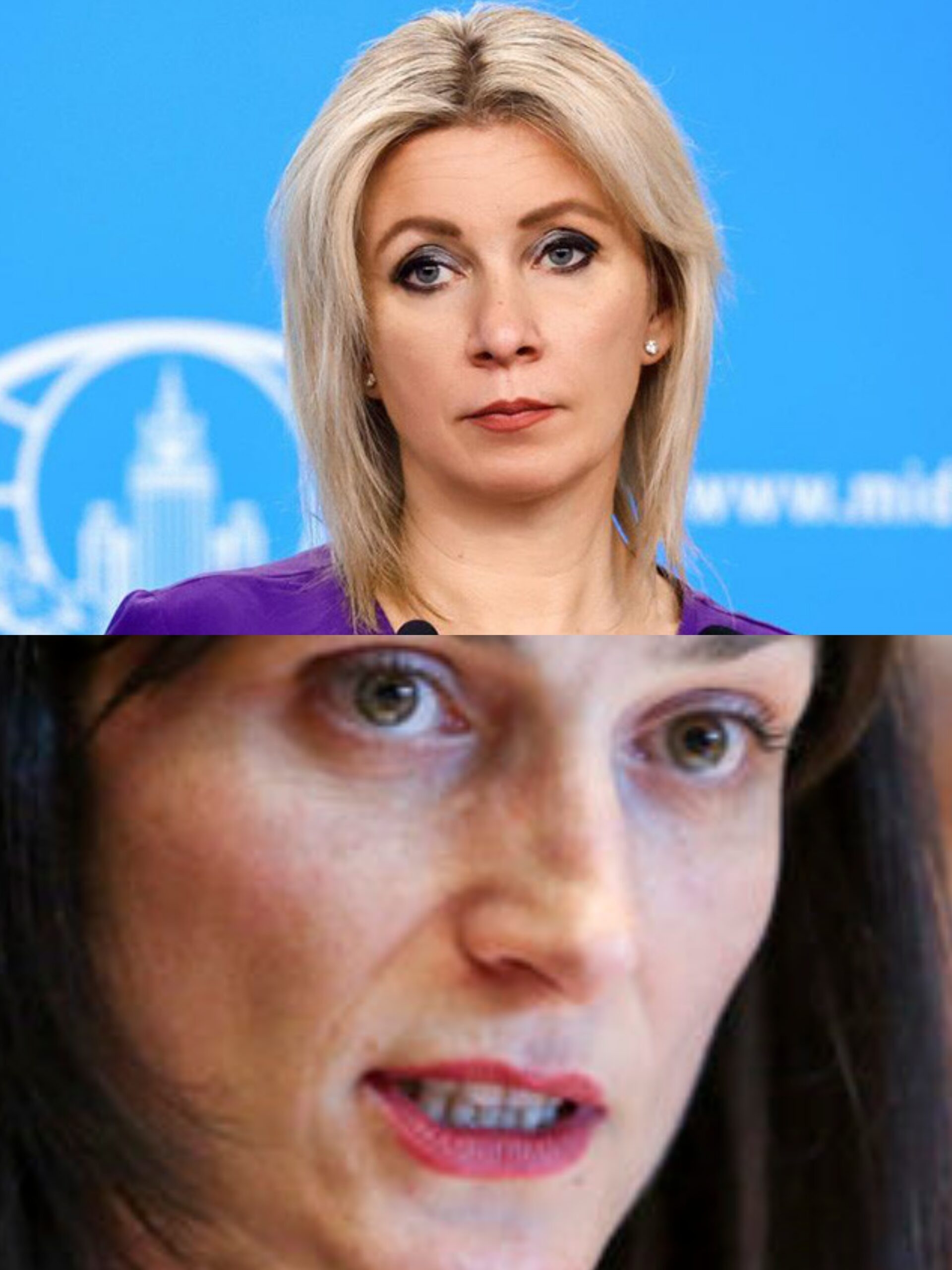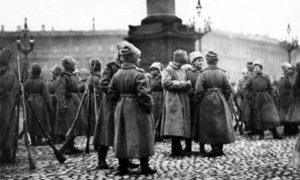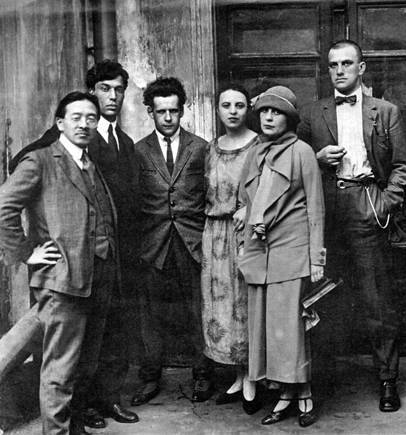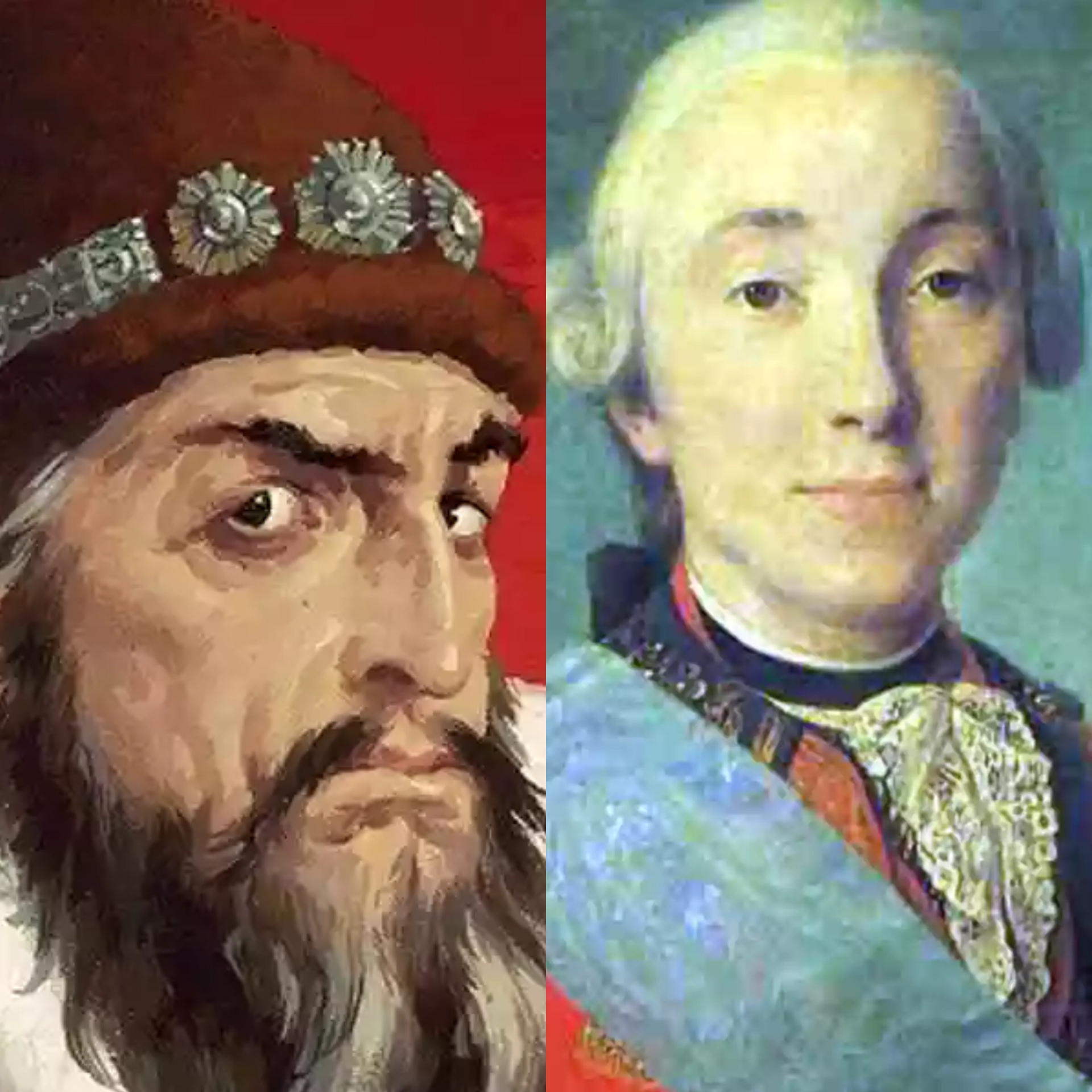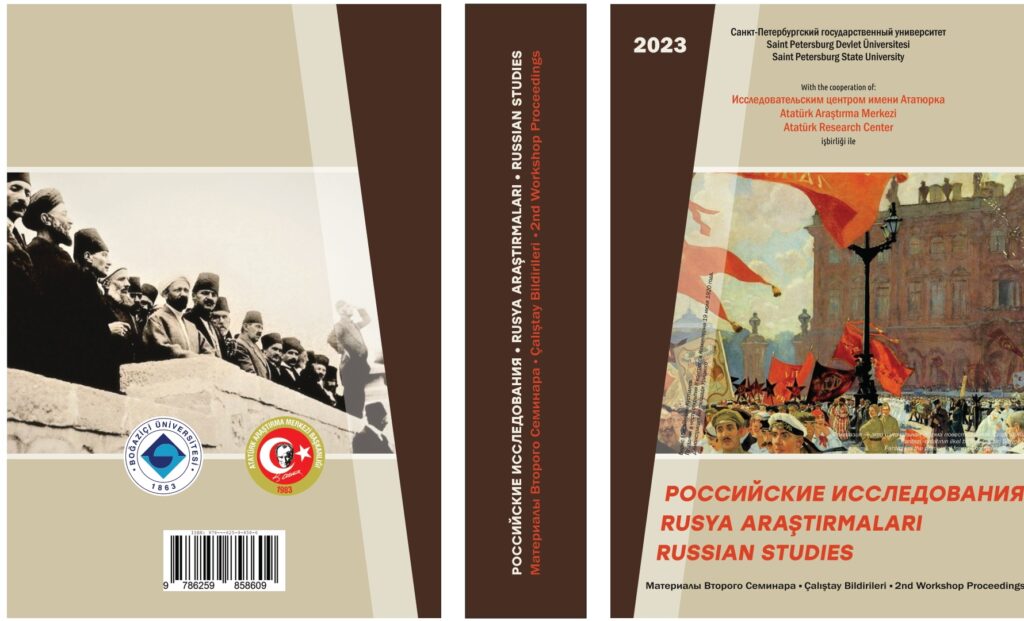
A true academic work is a besetting output. It mustn’t gratify anyone. This peskiness of the academic work is what distinguishes it from what it is scholastic. By the same respect, a Real artwork too, it is analogous to the academic: a true art satirizes the status quo order and it’s beneficiaries while the scholastic presentment pleases them.
——————💪—————— Continue reading “The Finesse in Design by Nadezhda Kopylova: How to read a book cover — Engin Kurtay”
